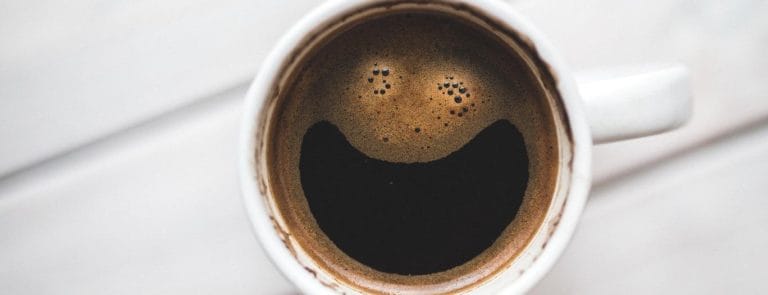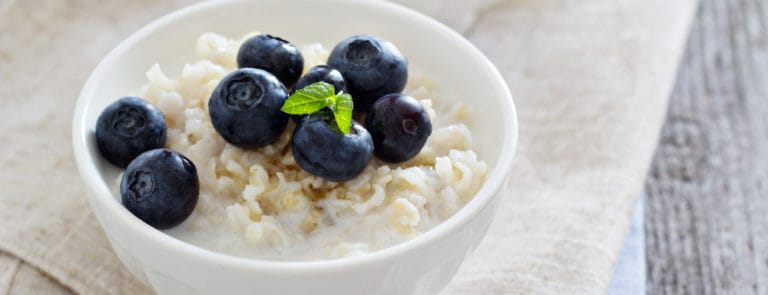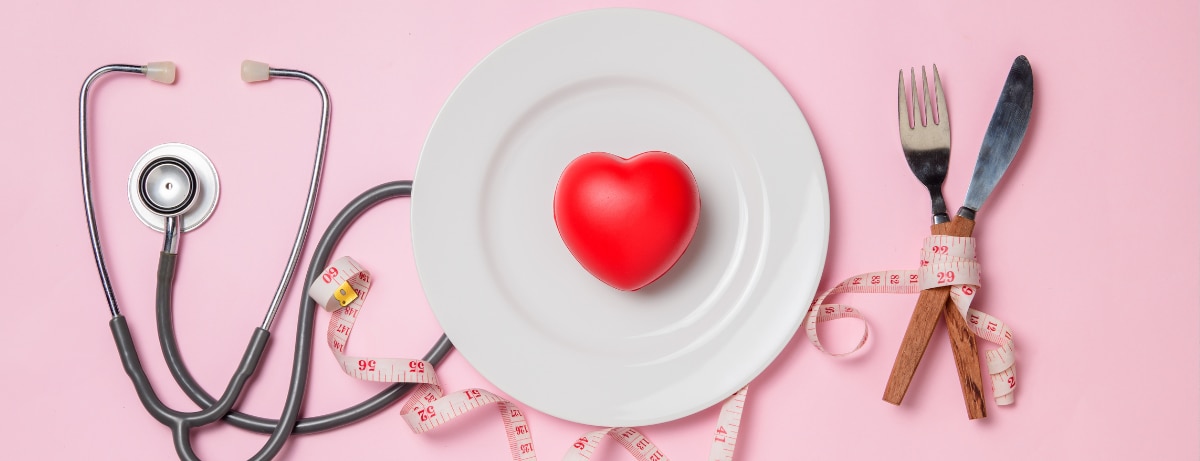20% off €40
Why eating peanut butter can help your heart
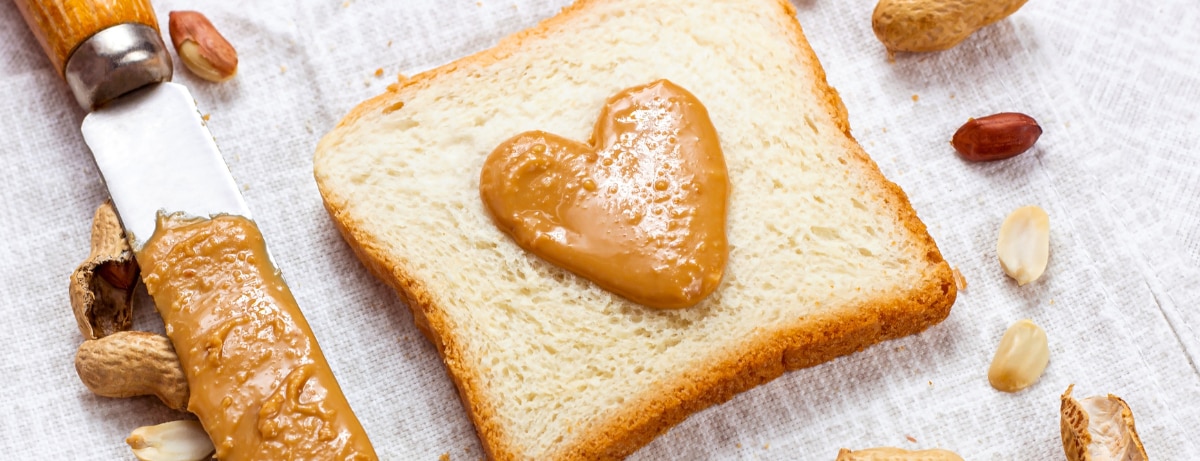
It doesn’t matter which variety you like best, crunchy or smooth, Peanut Butter is equally as good for your heart, as we’ll explain later on in this article. However, to begin with, let’s look at the history of this tasty treat…
Who invented peanut butter?
There are several men who all paid a part in inventing the peanut butter that we know and love but the man who perhaps deserves the most credit is former slave, George Washington Carver (1864-1943). An agricultural chemist, he came up with more than 300 uses for peanuts, one of which was peanut butter. However, he decided to not patent the idea because of his strong Christian beliefs. He believed his ideas were given to him by God so didn’t feel that he owned them.
Other men who did patent their parts in the peanut butter story were Canadian Marcellus Gilmore Edson who patented peanut paste in 1884, American Dr. John Harvey Kellogg (the man behind Kellogg’s Cornflakes) who patented a new process of turning raw peanuts into peanut butter in 1895 and American Dr. Ambrose Straub who patented the first peanut butter machine in 1903.
What are the health benefits of peanut butter?
Not only is it super scrummy but if you’re looking for a spread to give you an energy boost and provide your body with good fats, peanut butter ticks all the boxes!
Good for your heart
Good for your heart
Various studies have shown that peanuts and peanut butter contain monounsaturated and polyunsaturated fats which lower “bad” LDL cholesterol and keep “good” HDL cholesterol high. This helps your heart because if you have too much bad cholesterol it can leave your arteries clogged up, slowing down blood flow and forcing your heart to work harder. If there’s a blockage, it can result in you having a heart attack.
As well as helping with cholesterol, peanuts naturally have low amounts of saturated fat and are bursting with the vitamins and minerals such as vitamin E, vitamin B6, potassium and magnesium, which your heart needs to stay in tip-top condition.
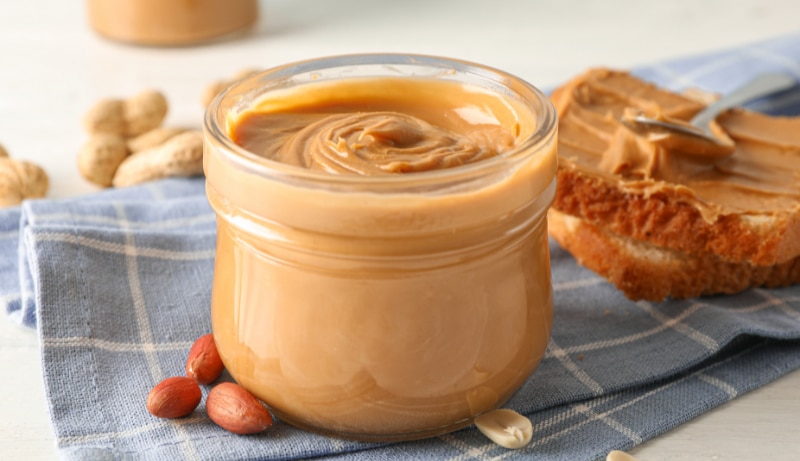

A study by Iowa Women's Health1 in 1996, found that total death rates can decrease by up to 19% when people eat nuts or peanut butter 1-4 times per week. In 2003, the US Food and Drug Administration released a statement explaining that: “Scientific evidence suggests but does not prove that eating 1.5 ounces of most nuts, such as peanuts, as part of a diet low in saturated fat and cholesterol may reduce the risk of heart disease.”
It's not just good for your heart either. Peanut butter might be more calorific than some other spreads but studies have shown that people who eat nuts/peanut butter usually have a healthier body mass index to those who don’t. It’s seen as a sweet treat and because it’s quite filling, dieters are less inclined to have another treat later on.
A study2 by the Harvard School of Public Health in 2002, showed that eating just one tablespoon of peanut butter (or 28g of peanuts) more than five times a week can reduce the risk of developing type 2 diabetes by 20%. Other studies have suggested that it can help boost your memory, decrease your chances of having dementia or breast cancer.
Feeling peckish? Make sure you celebrate National Peanut Butter Day by choosing a quality, organic peanut butter as not all peanut butters are created equal.
